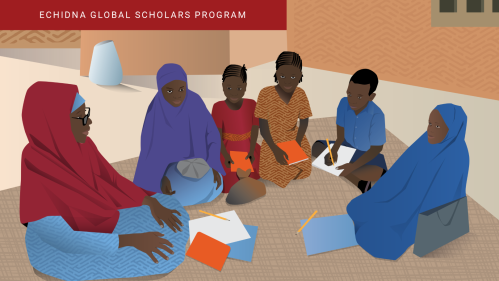On the second day of her visit to Pakistan this week, U.S. Secretary of State Hillary Rodham Clinton announced a series of development projects that will address some of the most pressing needs of the Pakistani people. Funded under the $7.5 billion Enhanced Partnership with Pakistan (PEACE) Act, these programs will help increase the supply of hydroelectric power in the tribal belt near the Afghan border, overhaul southern Punjab’s municipal water supply, and renovate and build new hospitals in Lahore and Karachi.
The projects represent the first phase in the Obama administration’s multi-year commitment to build trust among ordinary Pakistanis in this troubled country, and they come not a moment too soon. U.S. favorability ratings hover below 20 percent in Pakistan, and while aid is no silver bullet, the worsening economic conditions for the average Pakistani are certainly not helping. There are daily power outages across the country and only 1 in 2 people have access to municipal water in Punjab. Increasing the supply of electricity and access to water will help chisel away at negative attitudes toward both the U.S. and the government of Pakistan. Secretary Clinton confirmed the U.S. administration’s intention to help the Pakistani people in her statements during her visit to Pakistan, and more importantly, she demonstrated it through the announcement of concrete actions.
Yet if the goal of building trust through such projects is worthy, the administration must resist using our aid dollars as part of a larger carrots-and-sticks approach to obtaining the cooperation of the Pakistani government on counterterrorism. Why? Ultimately, the Pakistani people will see right through this, and our efforts will end up being counterproductive.
Take the education sector, for instance. For too long, donors have sought to address the glaring gaps in Pakistan’s education sector by pumping resources into high-visibility projects like school construction or turning a blind eye to patronage and corruption. Today, not only is the entire public school system rife with patronage and corruption, but as one would expect, school access and educational outcomes still lag behind the rest of the world, despite millions of aid dollars spent in support of education. Even worse, Pakistani youths, who strongly favor better schools, express dissatisfaction in polls not only with the poor quality of schooling but especially with the crooked way in which everything from teacher hiring to exam results are handled.
In the next phase of aid programming in Pakistan, it is critical that the projects we fund actually benefit the Pakistani people over the long-term if we are serious about building mutual trust. In the education sector, as in other areas, we have learned a great deal about aid programs that work. Now, we only need to apply those lessons and to refrain from using aid merely as a weapon in our diplomatic arsenal.
The Brookings Institution is committed to quality, independence, and impact.
We are supported by a diverse array of funders. In line with our values and policies, each Brookings publication represents the sole views of its author(s).



Commentary
Building Trust in Pakistan through Carrots and Sticks Won’t Work
July 21, 2010